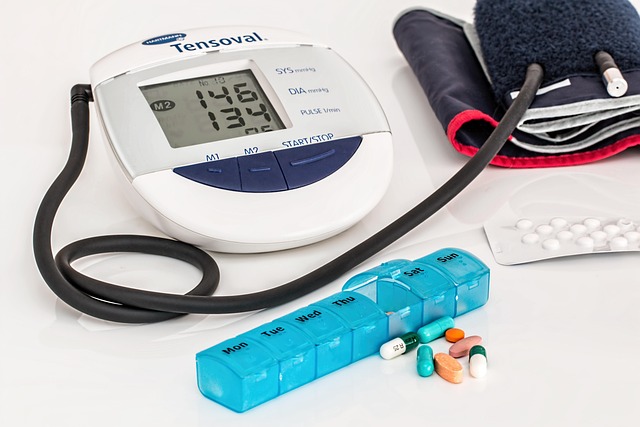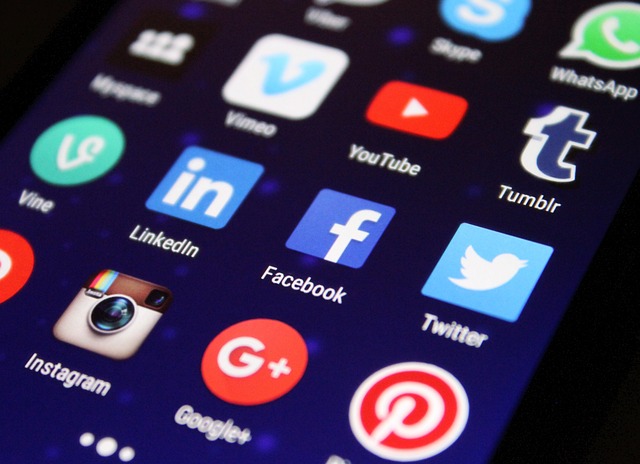Revolutionizing Health Care with Sensor Data Analysis
The integration of sensor data analysis into health care is transforming how we approach medical challenges and patient well-being. As we delve deeper into the realm of artificial intelligence, we witness technological innovations that not only enhance efficiency but also bring a personal touch to health care. This evolution in technology is not just reshaping the industry; it’s changing lives.
Technological Innovations in Health Care
Today, the landscape of health care is undergoing an extraordinary transformation, driven by the proliferation of sensor technology. Devices embedded with sensors collect vast amounts of data that can be analyzed to gain insights into individual health metrics. Whether it’s wearables like fitness trackers or advanced imaging devices, sensor-generated data provides an unprecedented opportunity to tailor health care to the precise needs of patients.
For instance, consider how diabetes management has been revolutionized. Continuous glucose monitors with sensors allow for real-time tracking of blood sugar levels. By leveraging sensor data analysis, health care providers can create personalized treatment plans that respond dynamically to fluctuations in a patient’s glucose levels. This kind of innovation not only empowers patients but also significantly reduces the risk of severe complications.
Health Innovations Through Sensor Data Analysis
The potential of sensor data analysis extends far beyond just chronic conditions. In mental health, for example, mood-tracking apps equipped with predictive algorithms can analyze users’ daily habits and physiological responses. By understanding patterns over time, these tools can prompt timely interventions, connecting individuals with mental health resources when they need them most.
Moreover, during the recent global health crisis, sensor data analysis played a pivotal role in tracking the spread of infectious diseases. Sensors in smartphones and other devices helped researchers map exposure patterns, providing critical information that guided public health responses. This goes to show how sensor technology, paired with AI-driven insights, can create a robust framework for a healthier society.
Fostering a Proactive Health Care Approach
The beauty of sensor data analysis lies in its predictive capabilities. Rather than merely treating diseases, we can now anticipate health issues before they escalate. By harnessing the power of AI, healthcare systems can shift from reactive to proactive measures, promoting preventive care that leads to longer, healthier lives.
As we continue to navigate this exciting frontier, it’s essential to recognize how these innovations are built on a foundation of ethical responsibility and patient privacy. The advancements in sensor data analysis are not merely technological feats; they are profound commitments to improving human health and well-being. With every bit of data analyzed, we refine our understanding of health, drawing closer to a future where technology and humanity coexist harmoniously in the pursuit of wellness.




